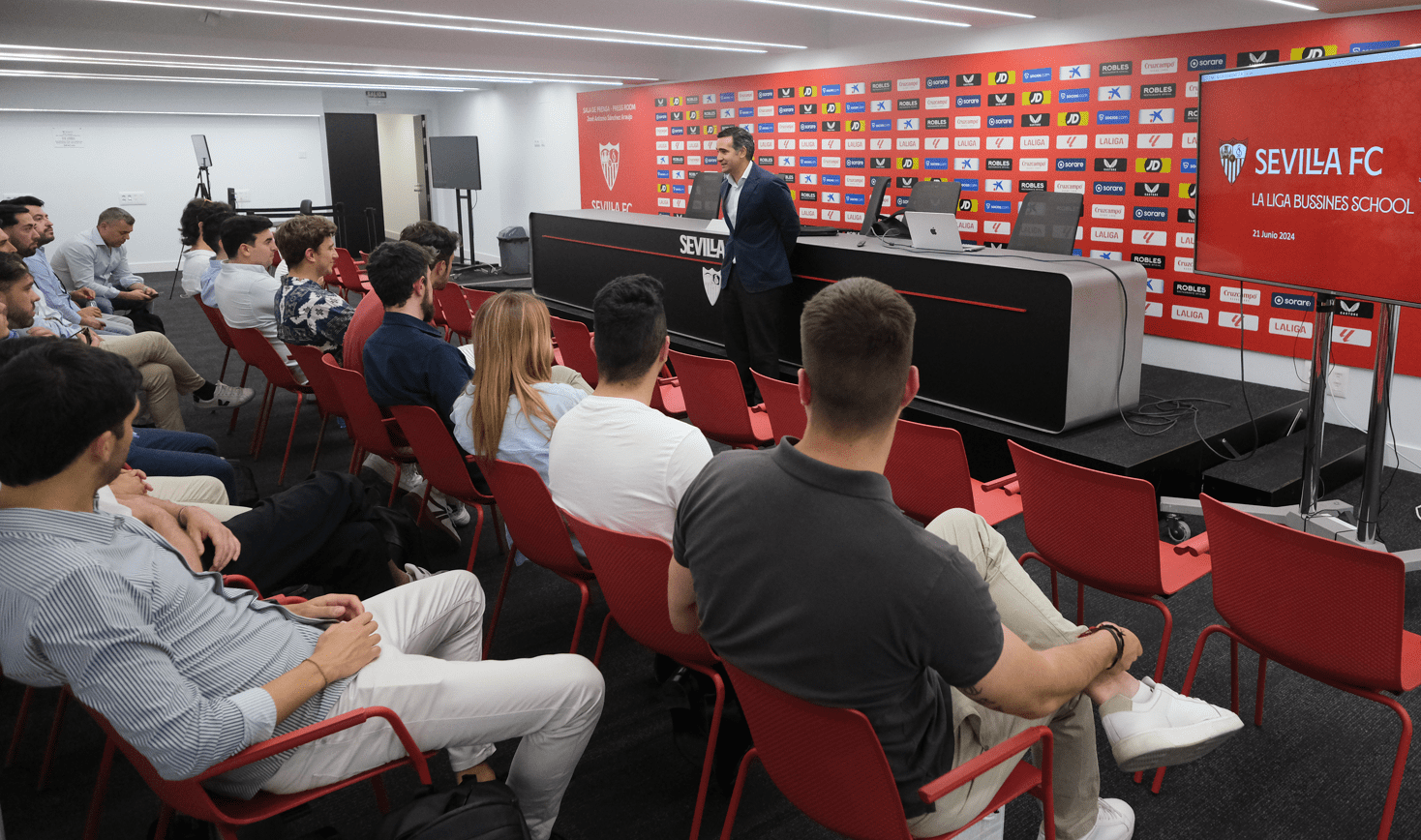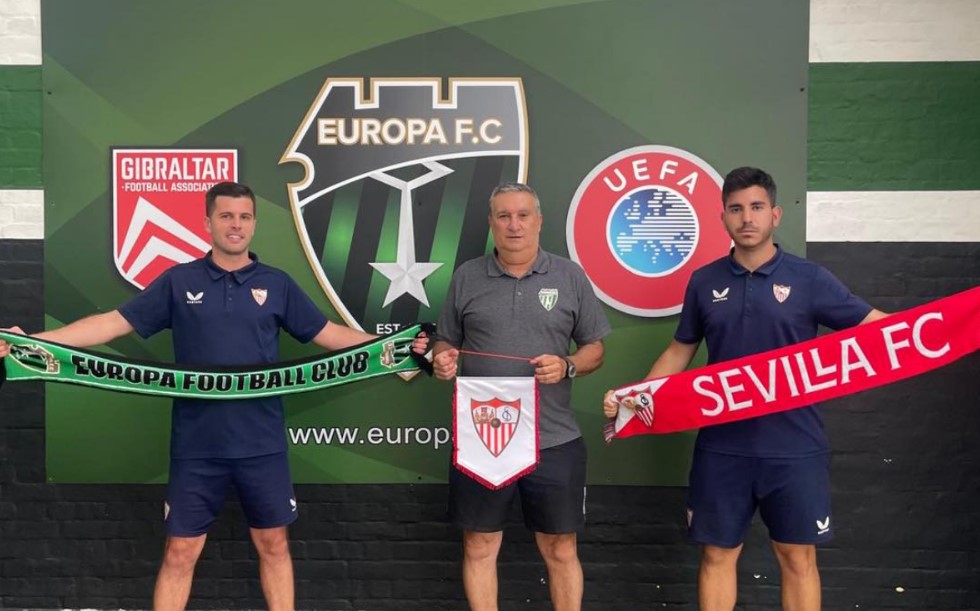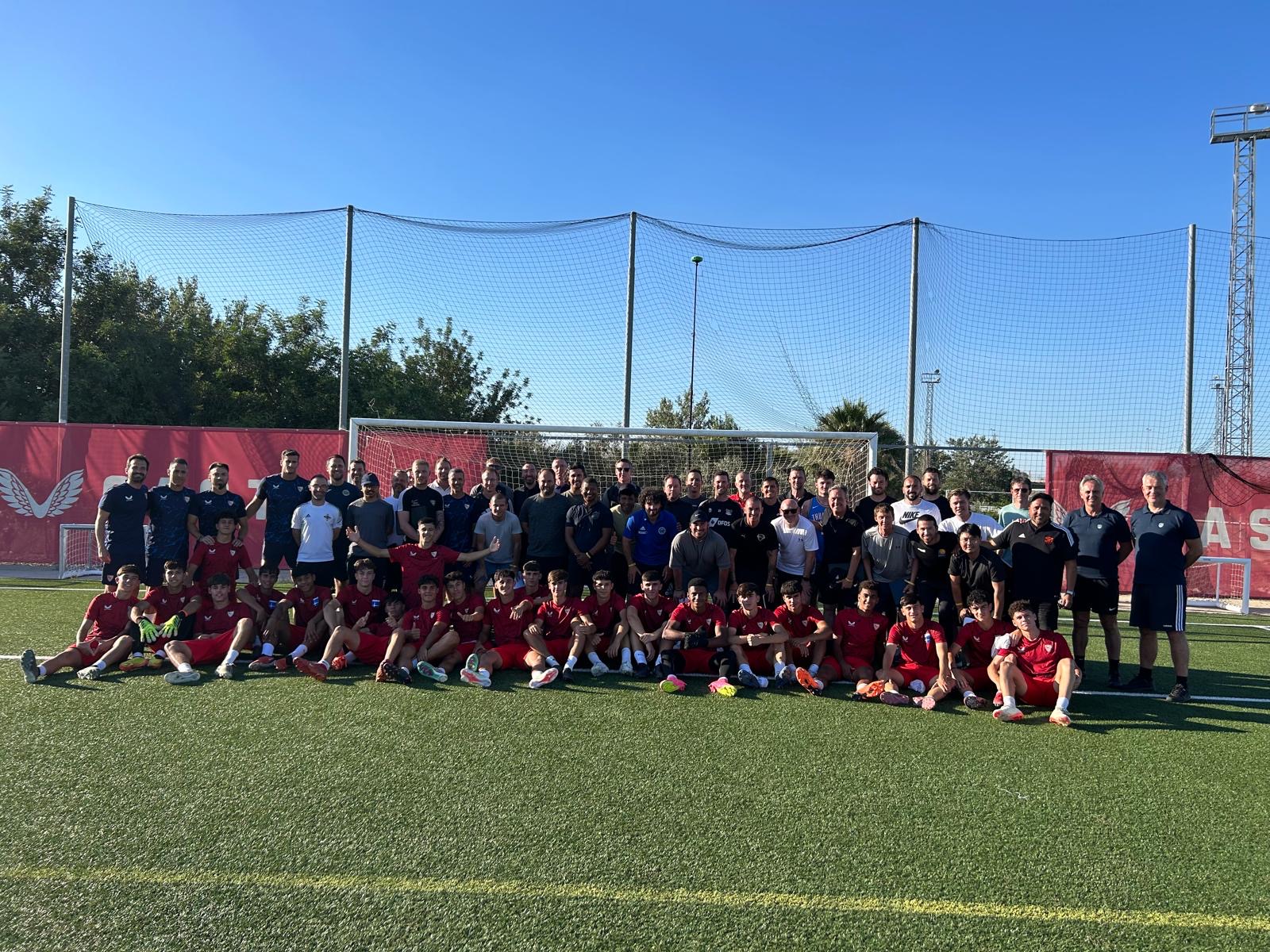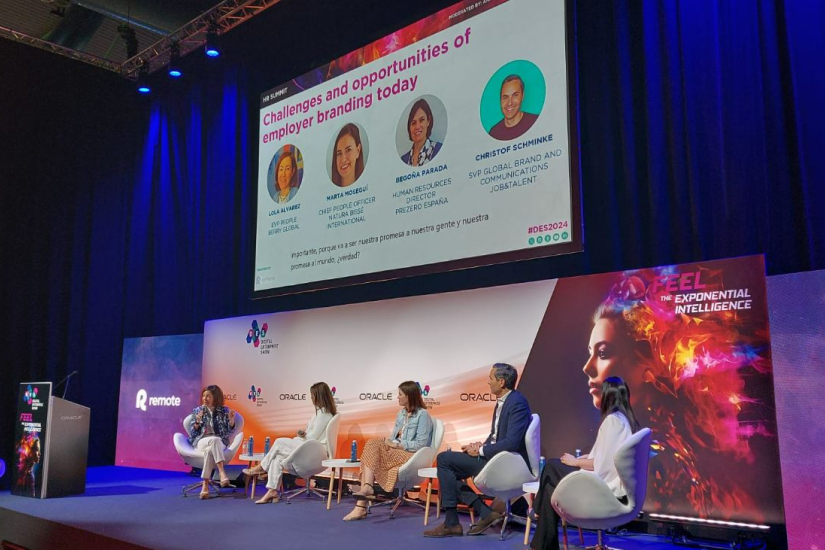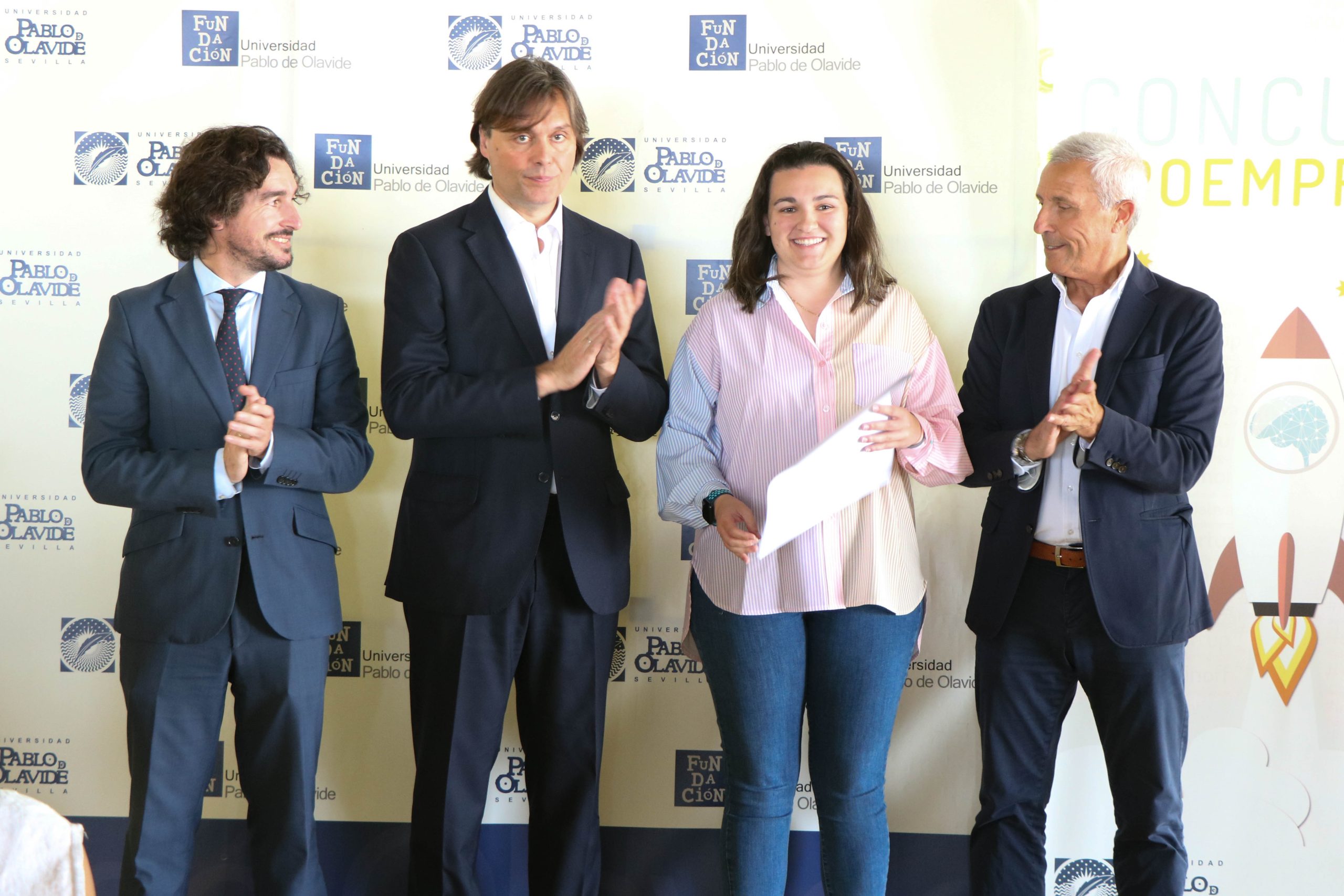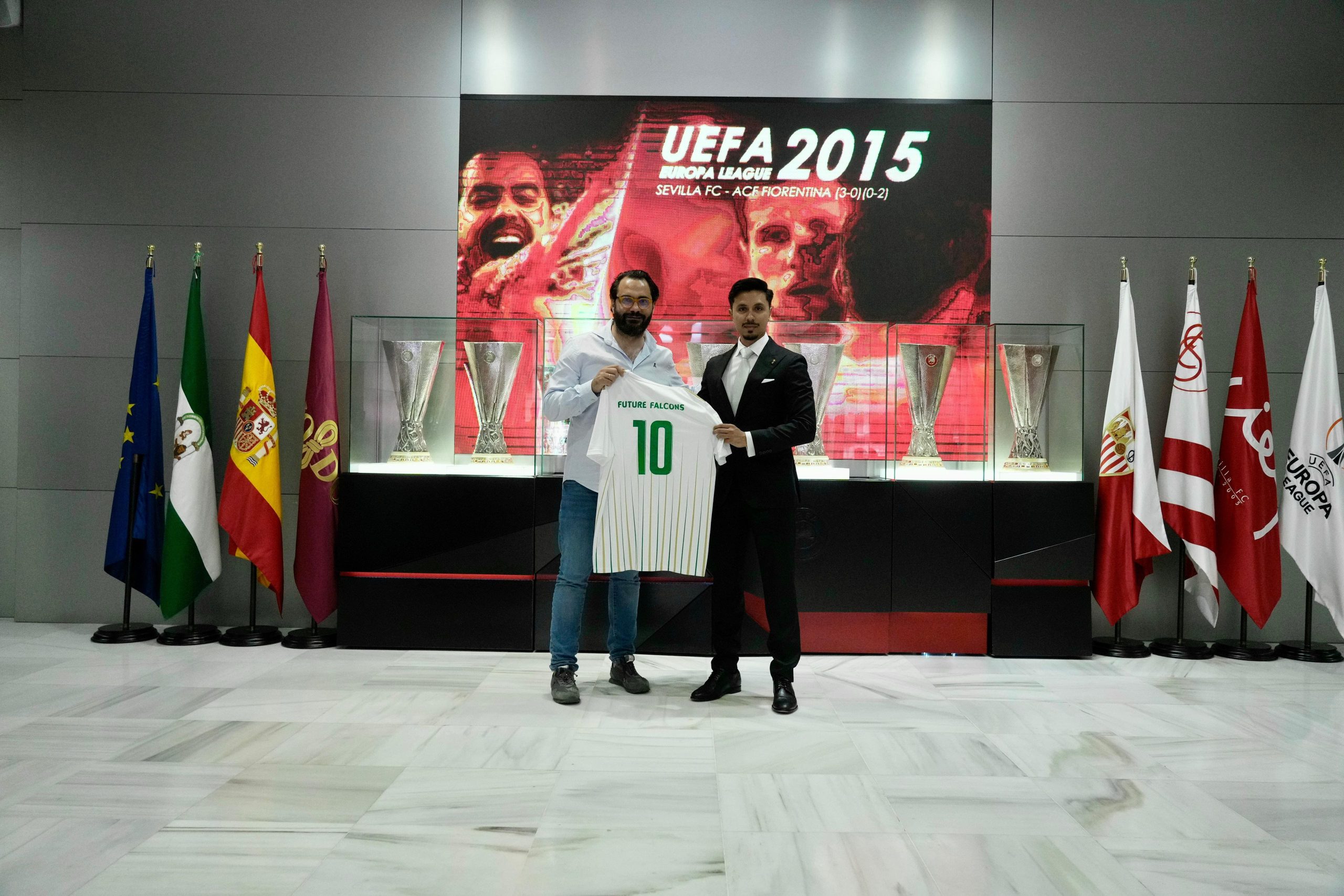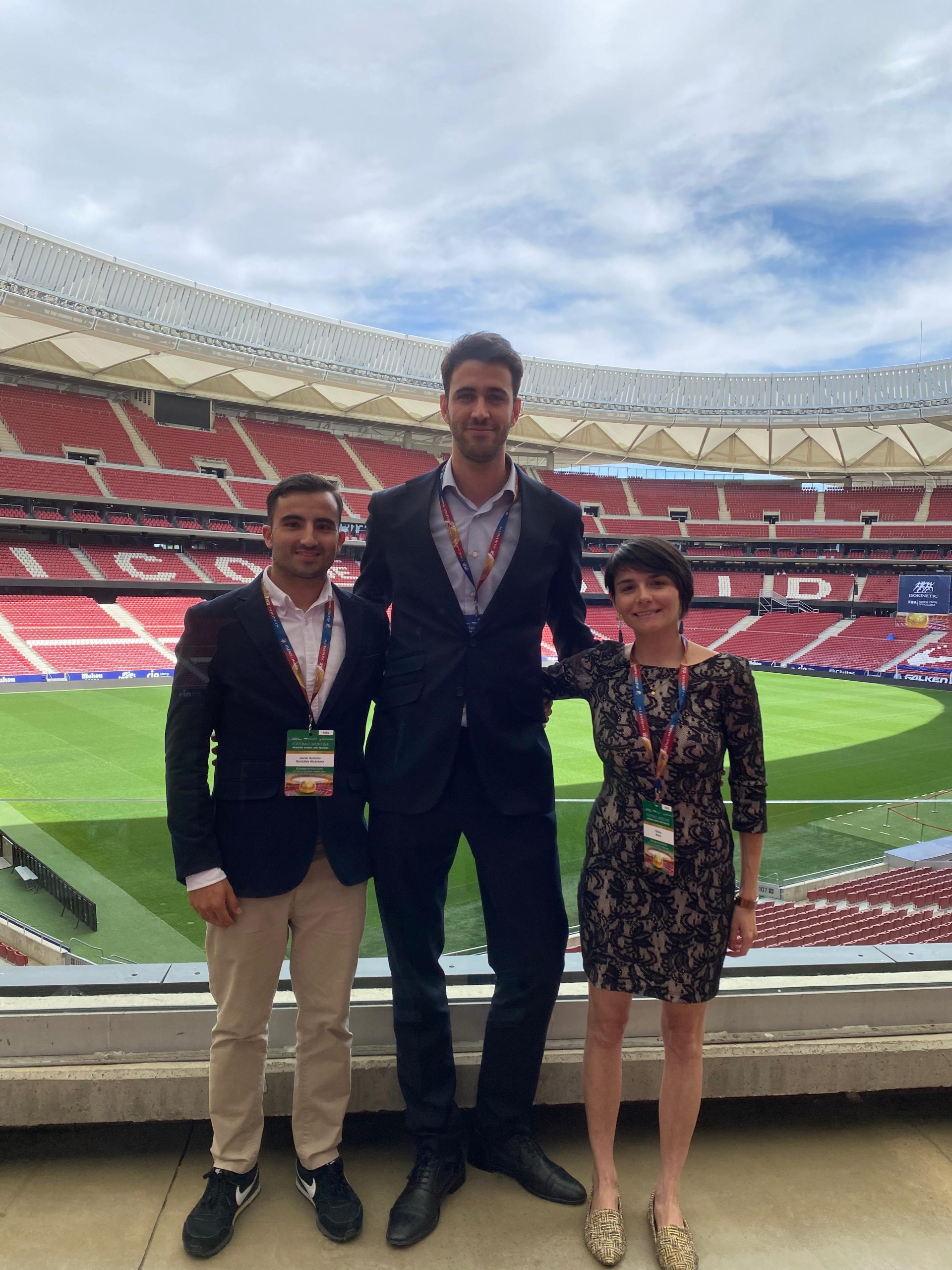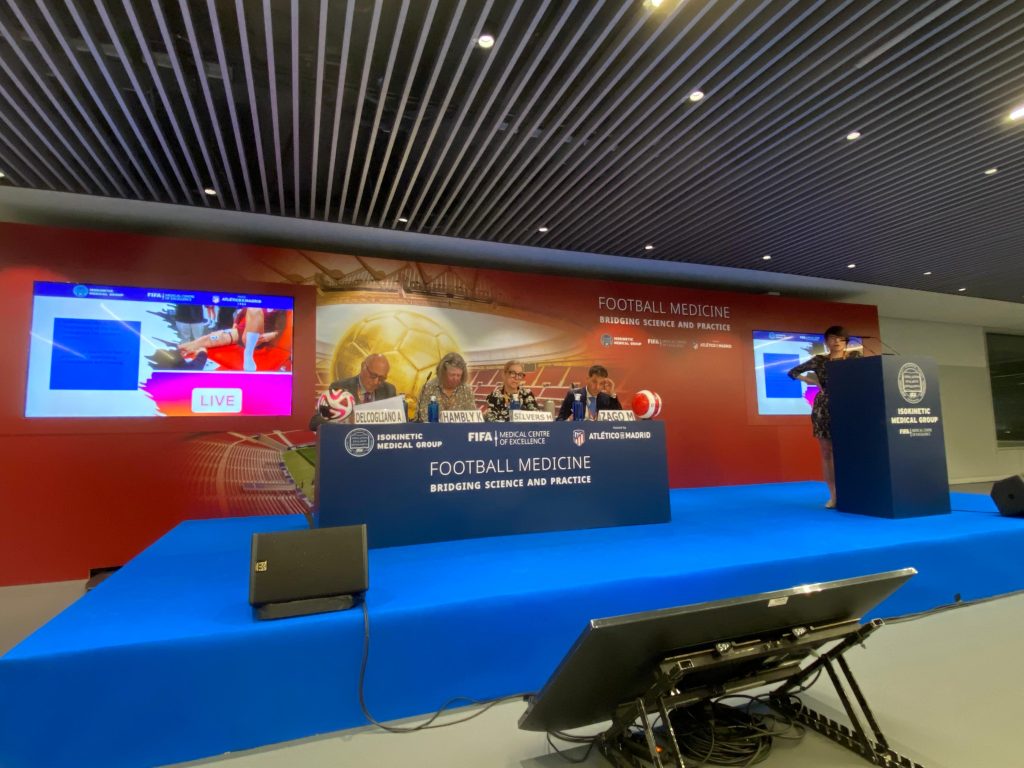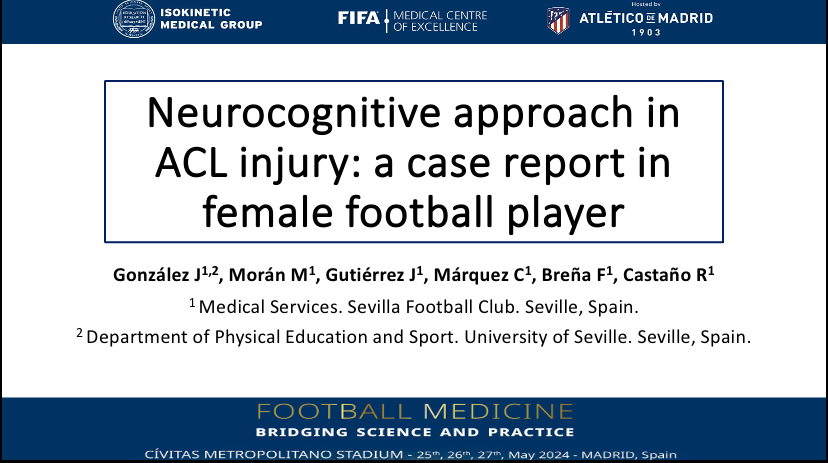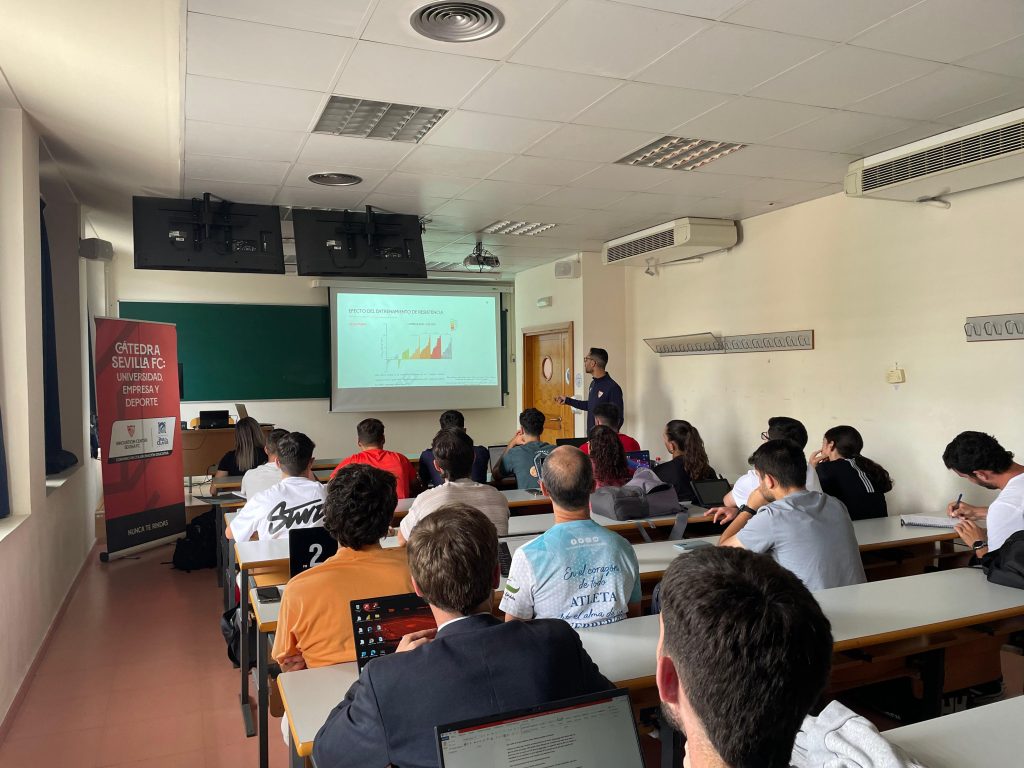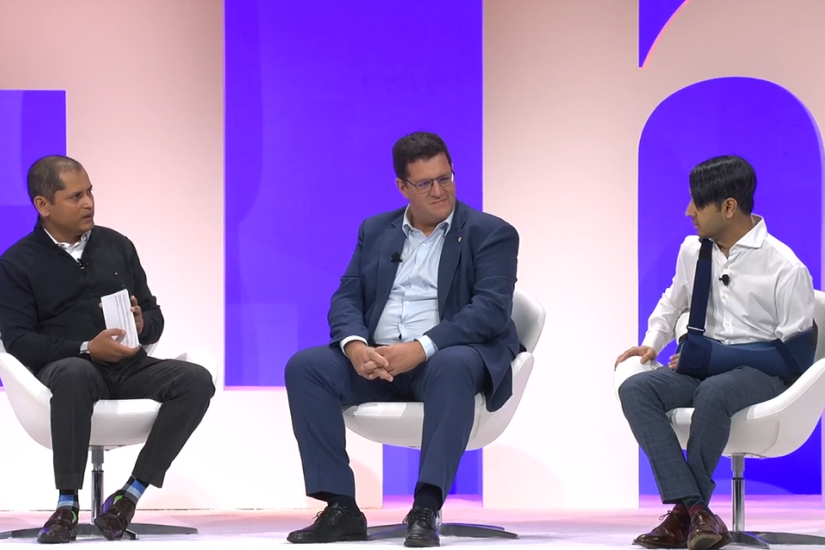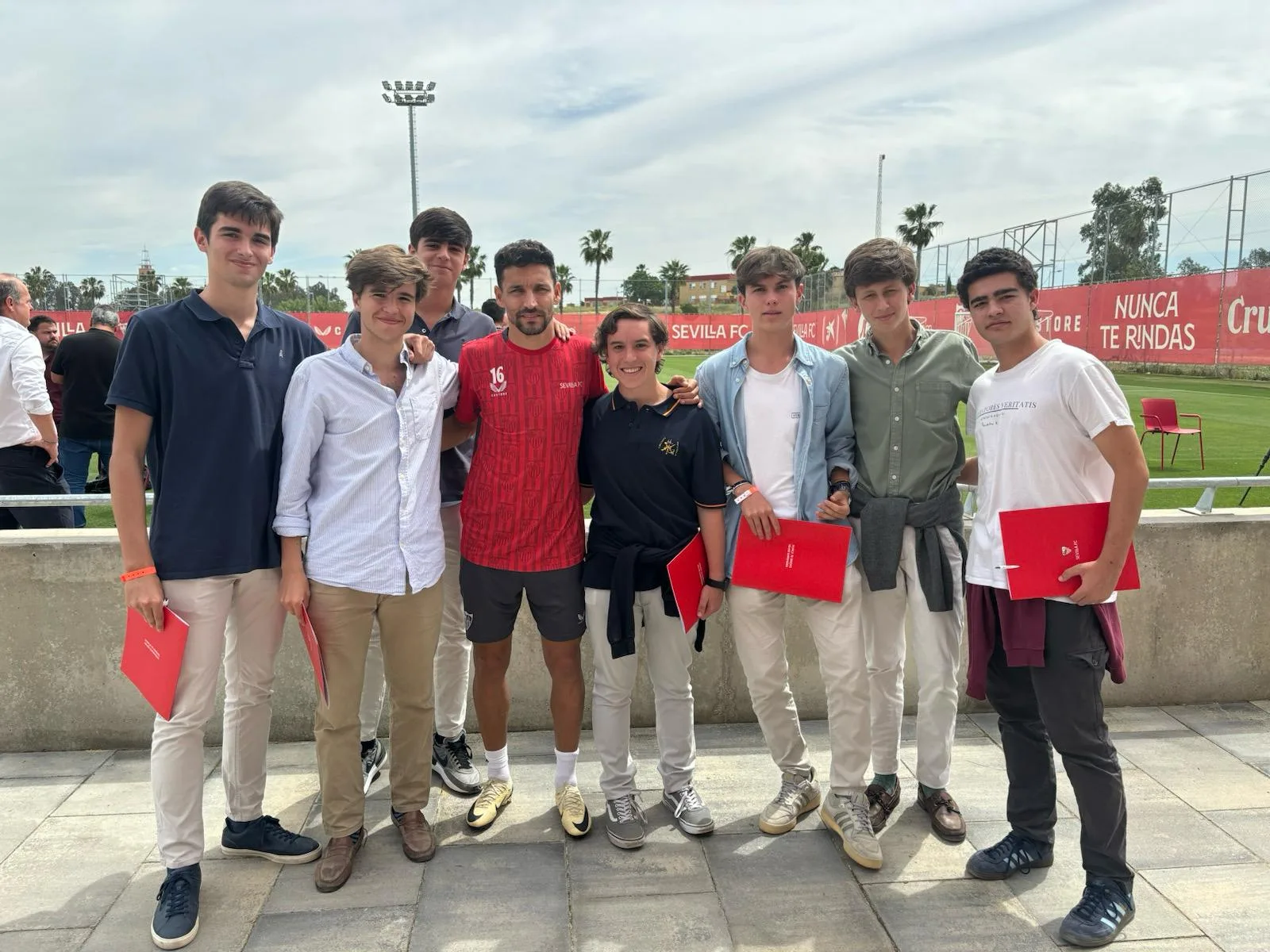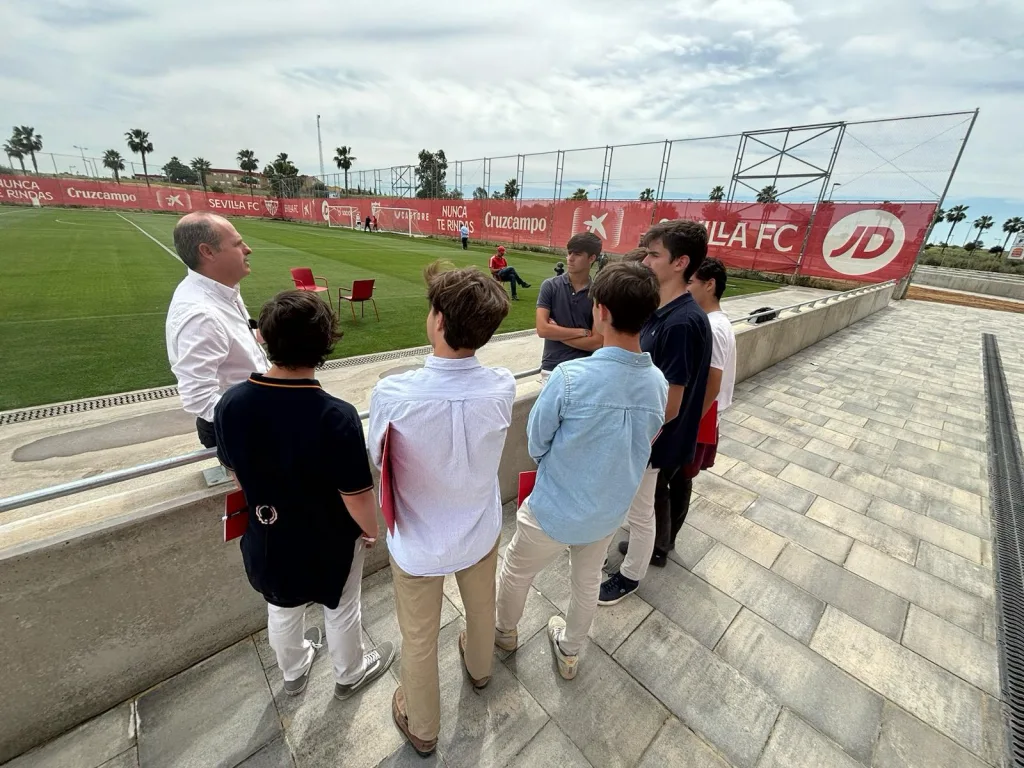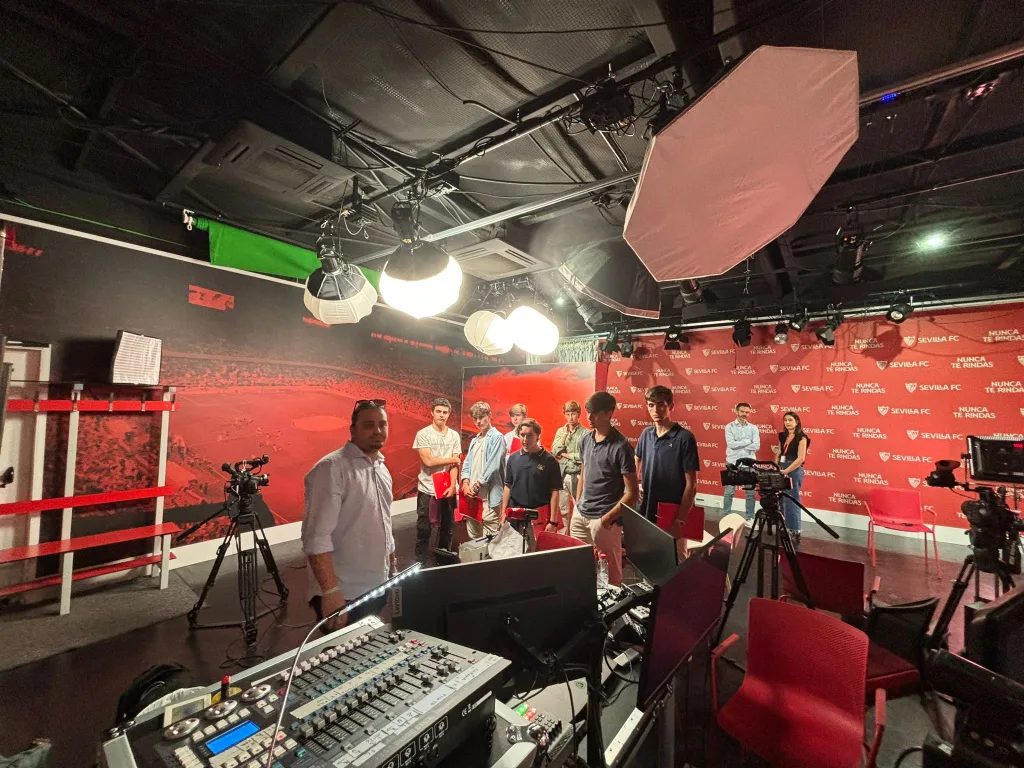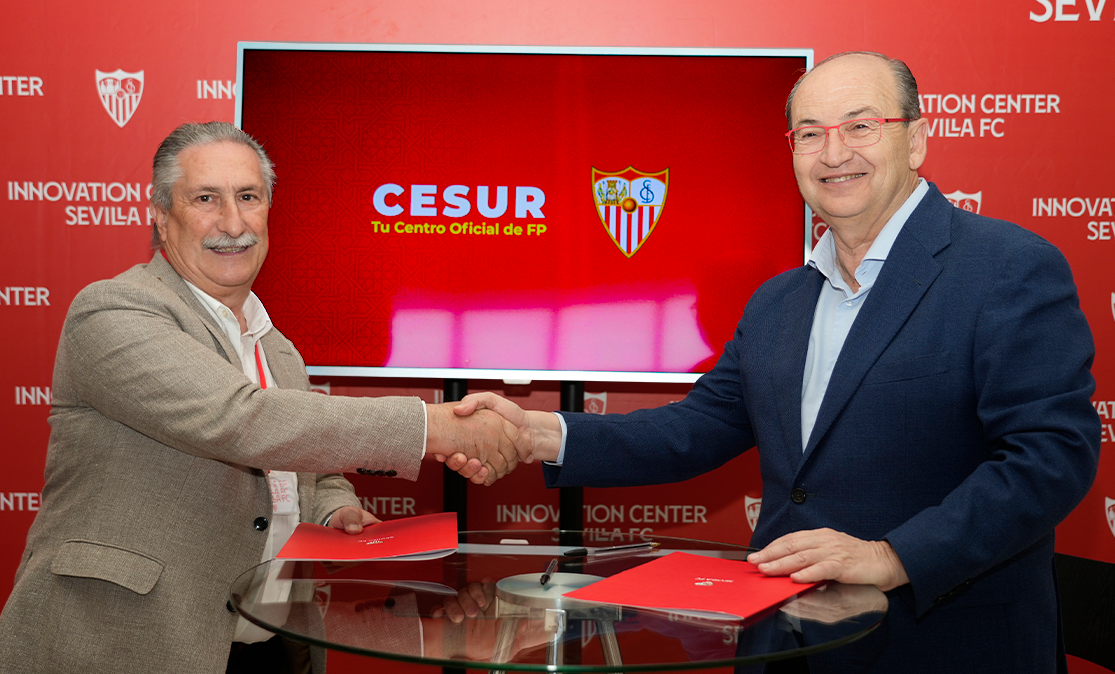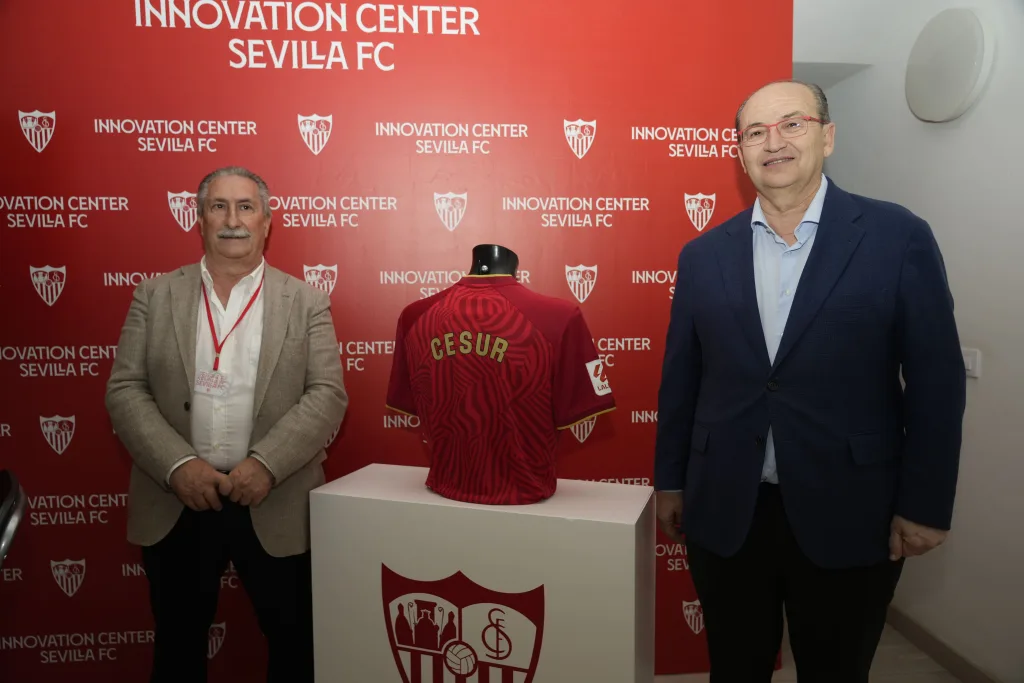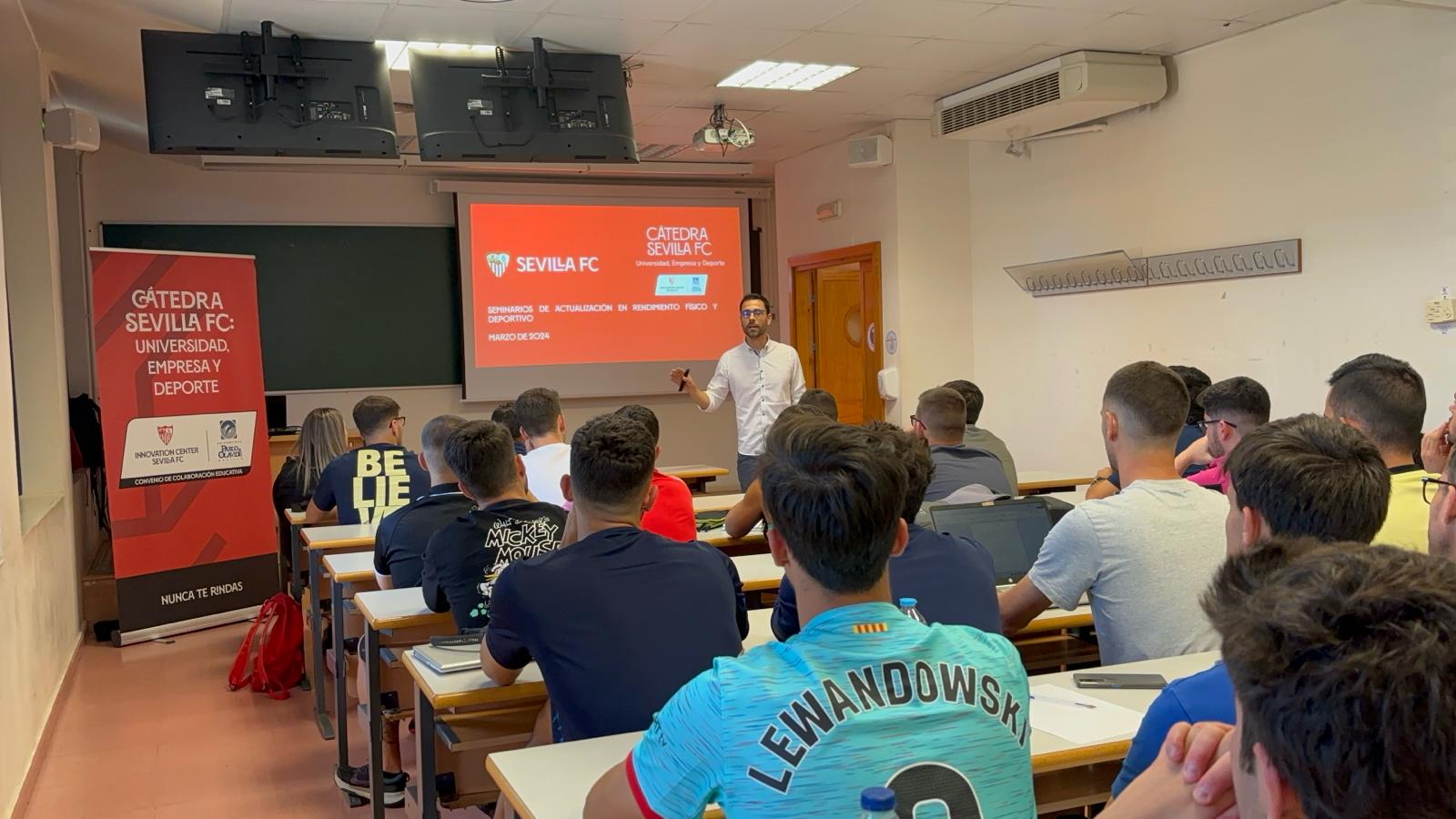
During April and May, three seminars on physical and sports performance were held at the facilities of the Pablo de Olavide University, led by the Head of Physical and Sports Performance R&D at Sevilla FC and PhD candidate Carmen Serrano Cañadillas.
In the seminars, the main results of the latest articles published in high-impact journals (indexed in the Journal Citation Report – JCR) in the field of “Sport Science” were presented and discussed, primarily with the aim of analyzing or improving physical and sports performance.
During the first seminar, held on April 11th, the results of articles published in March were presented. Out of all the reviewed publications, 22 articles were selected. One of the initial topics addressed in this first seminar was the role of the “Sport Scientist.” Questions were raised about what a sport scientist is, what training and experience they should have, what tasks they should perform, and in which areas they should operate within the sports institution. Additionally, the seminar explored the degree of relationship a sport scientist should have with other professionals involved in the sports phenomenon, including coaches and athletes.
.
During the second seminar, held on April 25th, three fundamental topics were addressed: evaluation of physical and sports performance, the effect of endurance and repeated sprint training, and the effect of strength training. In the first block, three articles were used to first reflect on the necessity of evaluating athletes’ performance and then to examine the methods and means used in the evaluation processes, as well as the variables considered important for obtaining sufficient information on potential performance changes.
The third seminar was held on May 15th and covered different thematic blocks. During April, a significant number of studies were published related to quantifying the training and match load in football players. Another important topic to consider when scheduling the training load during a week is deciding when to introduce the rest session (MD+1 or MD+2) or how to manage the weekly training load between players who participate more in the match (starters) and those who participate less or not at all (non-starters).
To receive information about upcoming editions and other related events, subscribe to the Innovation Center’s Newsletter through the contact form.
